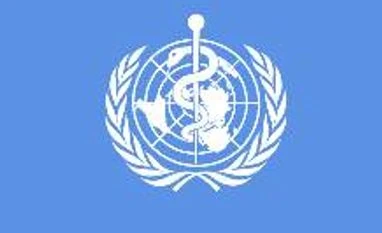The World Health Organisation (WHO) has declared Brazil free of measles, after no case of the disease was registered in the last year.
The eradication of measles is the conclusion of work spanning several years. Brazil saw no domestic cases of measles from 1985 to 2000, although it broke out in 2013 in the northeastern states of Pernambuco and Ceara, said Merceline Dalh-Regis, president of the WHO's international committee for the eradication of measles, in a statement on Tuesday, Xinhua news agency reported.
The WHO said it had worked alongside the Pan-American Health Organisation (PAHO) to stamp out the disease, with a joint investment of 1.2 million reais ($335,000) going towards measles control and the hiring of 165 dedicated nursing staff in Brazil.
"This is without a doubt a big step forward and conclusive proof of what vaccinations can do. We have eradicated smallpox, polio, rubella, measles and we are moving ahead with controlling various other diseases," Renato Kfouri, vice-president of the Brazilian Immunisation Society, told the O Globo daily.
In the coming months, the WHO will issue a certification for the eradication of measles to Brazil.
Measles can be transmitted orally, through mucus or saliva and mainly affects children. It can be spread rapidly through the air due to sneezing or a cough, and the first symptoms appear after 10 days with red spots on the skin.
While most patients recover within three weeks, it can cause pneumonia, blindness or even death in malnourished children.
)